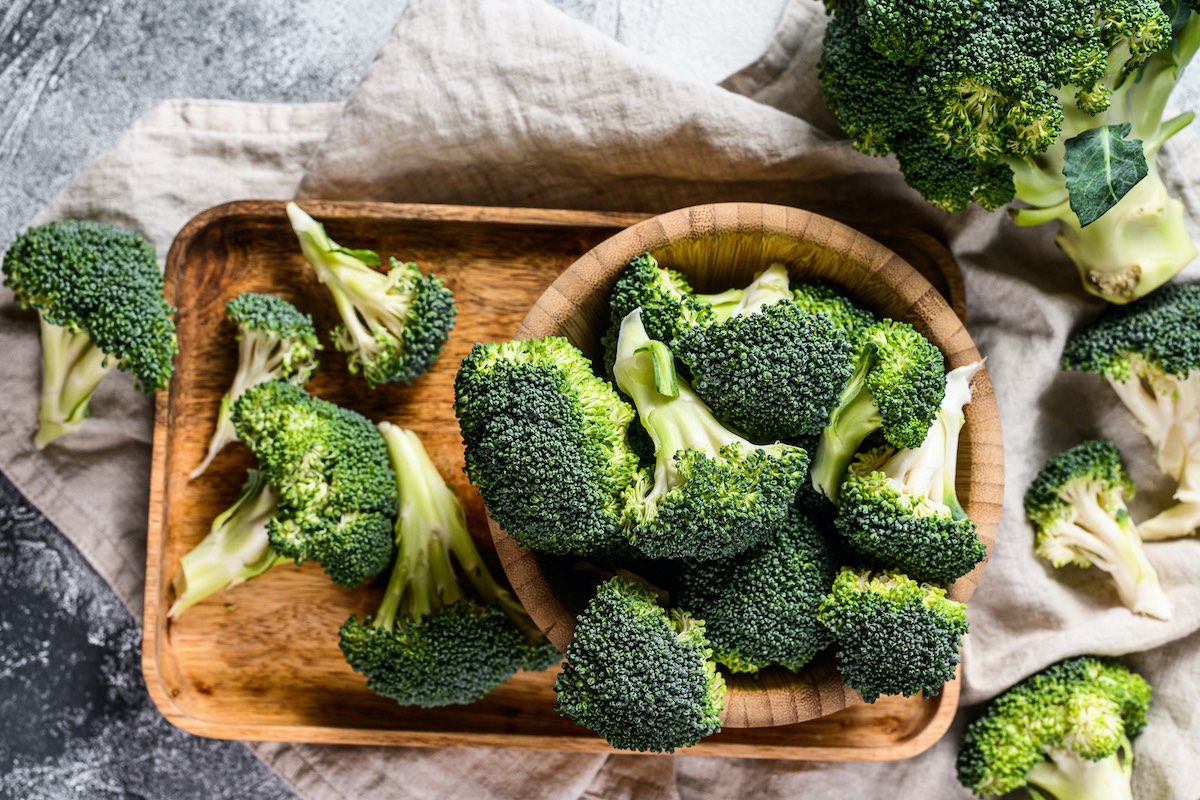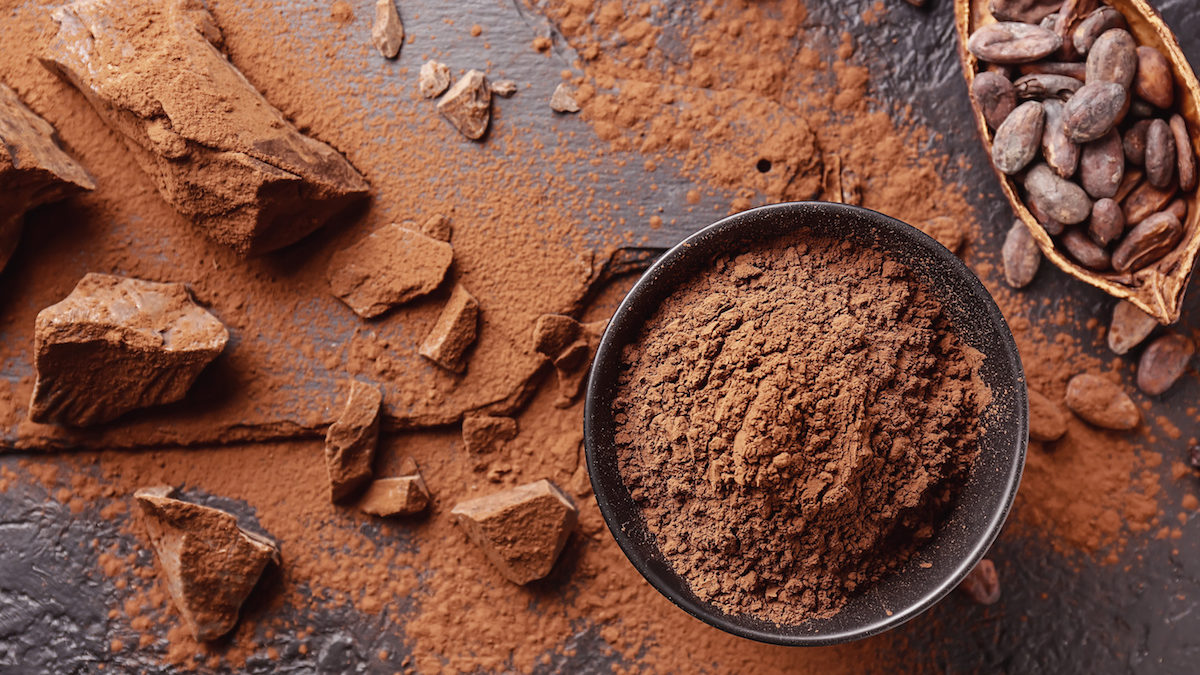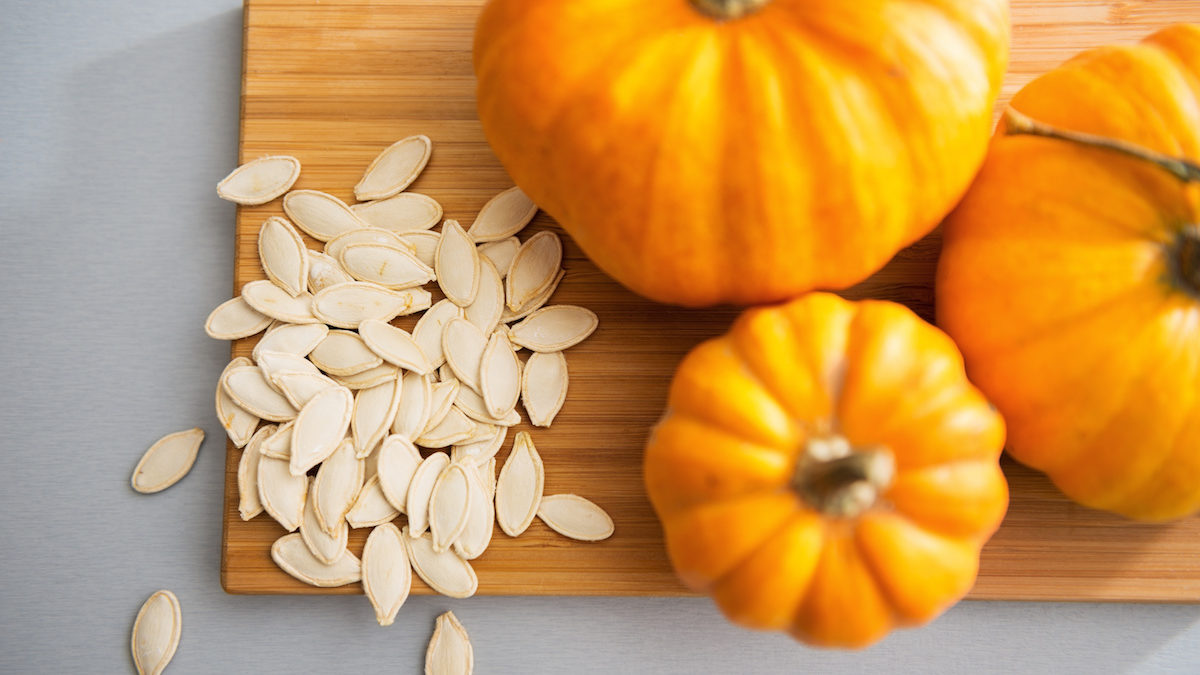Power Up Your Mind With These 8 Brilliant Brain Foods

When we think of healthy eating we’re often stuck looking at our consumption from a physical point of view. But some of the foods we eat can also benefit our brain health, an important and regularly overlooked consideration that can have a massive impact on our wellbeing, from our concentration levels through the working day to healthy ageing.
Here we take a look at eight foods, and the studies behind them, that have been linked with improved mental performance and keeping your brain healthy.
8 Of The Best Brain Foods
Broccoli
After all that torment you caused growing up, your parents were right — you should eat your greens; go figure. Broccoli, in particular, has great brain-boosting potential thanks to containing large amounts of vitamin K, an emerging nutrient in brain health that has been linked to both improved cognitive function and the prevention of Alzheimer’s disease.
Broccoli is also high in compounds called glucosinolates which have been found to slow the breakdown of the neurotransmitter, acetylcholine, according to research published in the journal Fitoterapia. We need acetylcholine for the central nervous system to perform properly and keep our brains and memories sharp, while low levels of the neurotransmitter are associated with Alzheimer’s.
Sage
It’s quite apt that sage — the herb, not the adjective — lives up to its name. A member of the mint family, sage is crammed full of antioxidants and has antimicrobial effects which can neutralize microbes that promote dental plaque. But it’s in the realm of brain health where sage really excels by appearing to halt the breakdown of one of our favourite neurotransmitters, acetylcholine, which again has a similar effect on memory and Alzheimer’s disease as in broccoli.
In fact, one study on 39 participants with mild to moderate Alzheimer’s disease found that those who took 2ml of sage extract, compared to a placebo, performed better on tests that measured memory, problem-solving, reasoning and other cognitive abilities, while research from Northumbria University, also found high doses of sage in healthy adults elevated mood, alertness, and calmness.

Green Tea
Whichever way you take your caffeine — frothy oat milk latte, comforting mug of green tea, one of our energising Boost capsules — you’re sure to get a real brain boost. Caffeine is the world’s most widely consumed nootropic — substances, or nutrients, that affect mental performance — for a reason, after all, with the ability to block certain receptors in the brain so you feel more alert and less tired. Our choice of caffeine — besides Boost — is green tea, as like our Boost supplements it comes with another nootropic, the amino acid L-Theanine, which forms a synergistic relationship with the stimulant to balance out its effects and prevent the headaches and jitters some people may get from caffeine consumption.
Dark Chocolate
With triple the antioxidants of its milky counterpart, dark chocolate is the smart choice for cocoa lovers even before we consider its impact on our brain functioning. The argument for going darker only grows then when you look at studies like research from the University of Nottingham which showed that eating high flavanol cocoa for five days improved blood flow to the brain, while other studies have linked it to improved cognitive function in older age. Choose unprocessed, ideally raw cacao or cocoa powder then, with bitter being better as it suggests a high number of flavanols, the main phytonutrient in the cacao bean.

Turmeric
We can’t praise the golden yellow stuff enough here at Form HQ, so much so that we include curcumin, the primary bioactive substance in turmeric, in our award-winning Performance protein. That bright yellow colouring is a sign of the powerful antioxidant properties inside, but in terms of brain health, most of curcumin’s powers come from raising the levels of a type of growth hormone that functions in your brain called BDNF.
A lack of BDNF has been linked with a number of mental health disorders including depression and Alzheimer’s, but a 2012 study from Howard University looking into the effect of curcumin on depression, found a profound increase in the production of BDNF, which could lead to a delay, or even a reversal, of these mental health disorders.
Pumpkin Seeds
Pumpkin seeds are an autumnal favourite that also happen to be a brain booster whichever season you care to consume them. Packed full of protein (a single 28g serving contains 7g, which is more than an extra-large egg), pumpkin seeds also contain a number of minerals that are good for brain health including magnesium, zinc, iron, and copper, as well as tryptophan, the precursor to the good mood chemical serotonin. Tryptophan is an interesting substance as its role in serotonin production means its massively beneficial for good sleep health, which in turn helps your brain solidify memories, your ability to multitask, and cognitive functioning.

Avocado
Millennials can’t get enough of them if those ranty comment pieces in the broadsheets are to be believed, but while avocados might be detrimental to your chances of getting on the property market they’re not so bad when it comes to your brain health.
A study published in 2017 from Tufts University, Boston on 40 healthy adults aged over 50 found that those eating avocados performed significantly better in tests that challenged memory, speed and concentration than those not eating the Instagrammable veg. This might have been the high levels of monosaturated fats which can help reduce blood pressure and in turn cognitive decline, but the study pointed more closely to the 25 percent increase in lutein levels in participants, a carotenoid thought to be neuroprotective through its role as an antioxidant.
Blackcurrants
Blackcurrants’ fruity rival blueberries are often the more celebrated berry (we included the latter as one of our must-know superfoods), but when it comes to brain foods, the blackcurrant is tough to beat. This is because they contain a key brain nutrient called cyclic Glycine-Proline (cGP), a neuropeptide that play a vital role in normalising the body’s main growth and brain function hormone Insulin-like Growth-Factor-1 (IGF-1) — another hard-to-crack password if you’re in the market for one.
Interestingly, IGF-1 is essential for neurological development and improving the brain signalling pathways, with a 2020 study finding that IGF-1 declines with age and contributes to age-related cognitive impairment in those with Parkinson’s disease. Blackcurrant squash at the ready then.


















